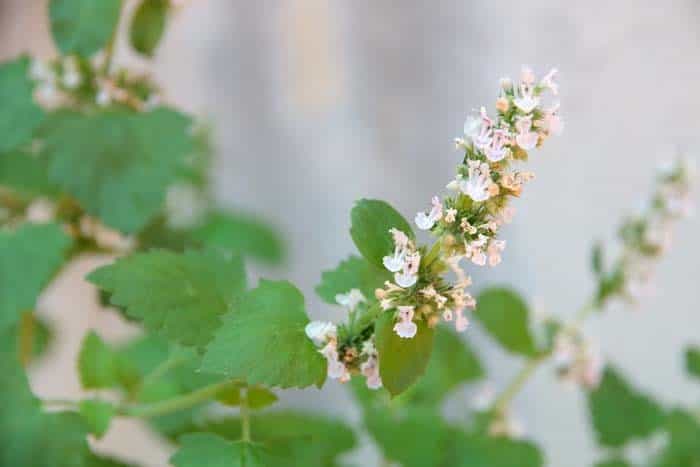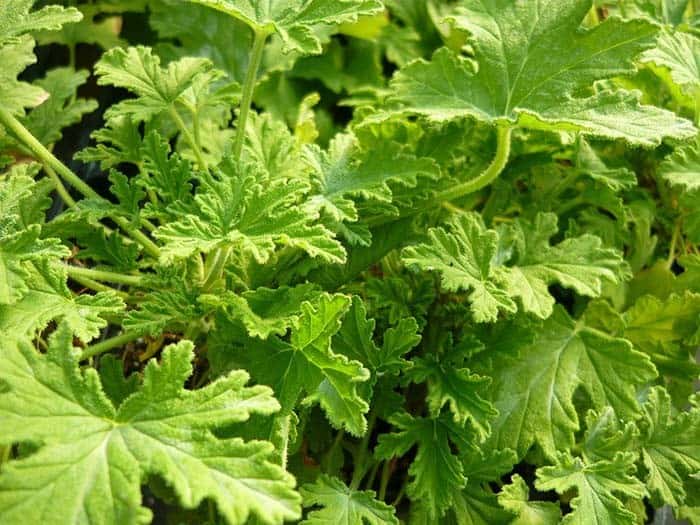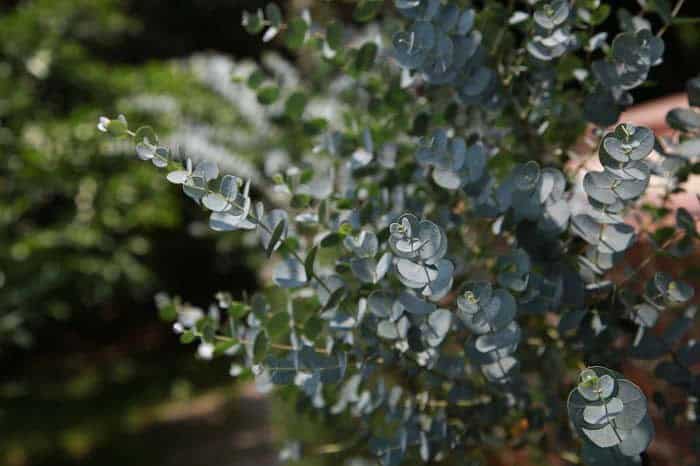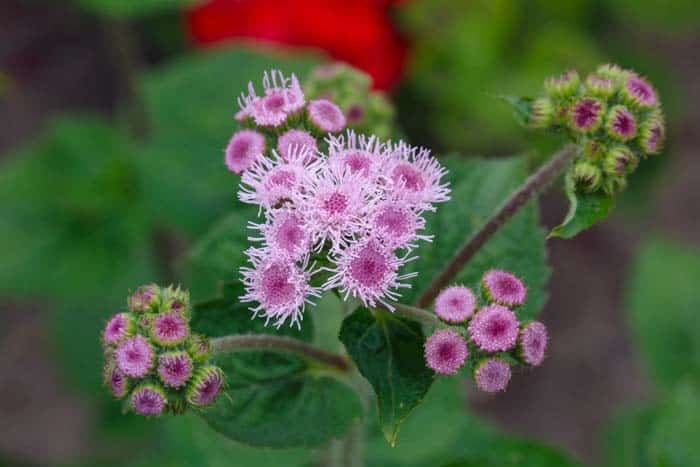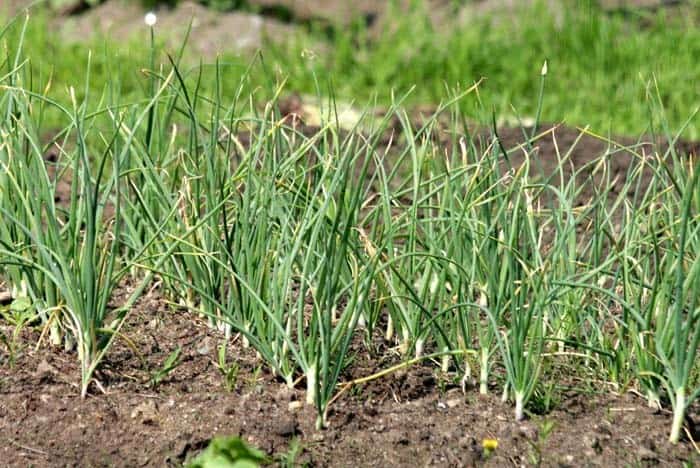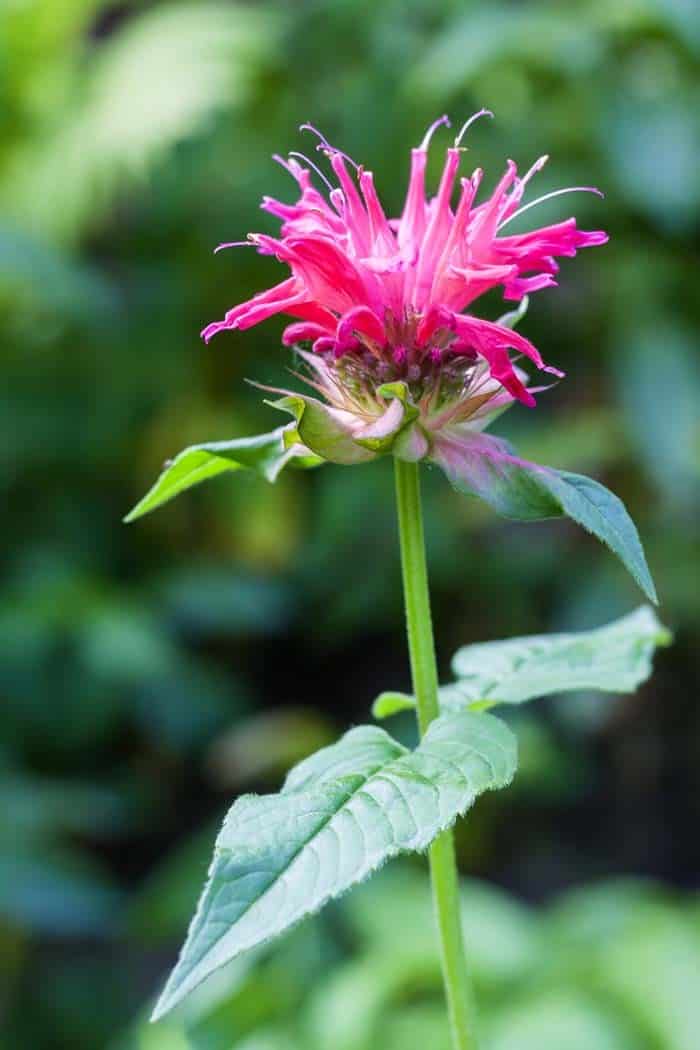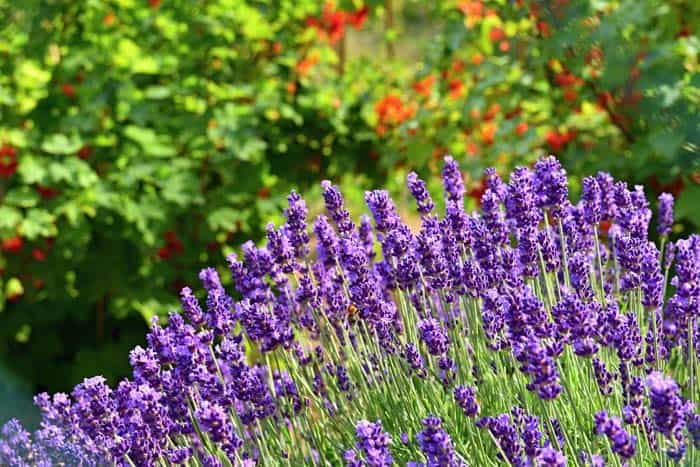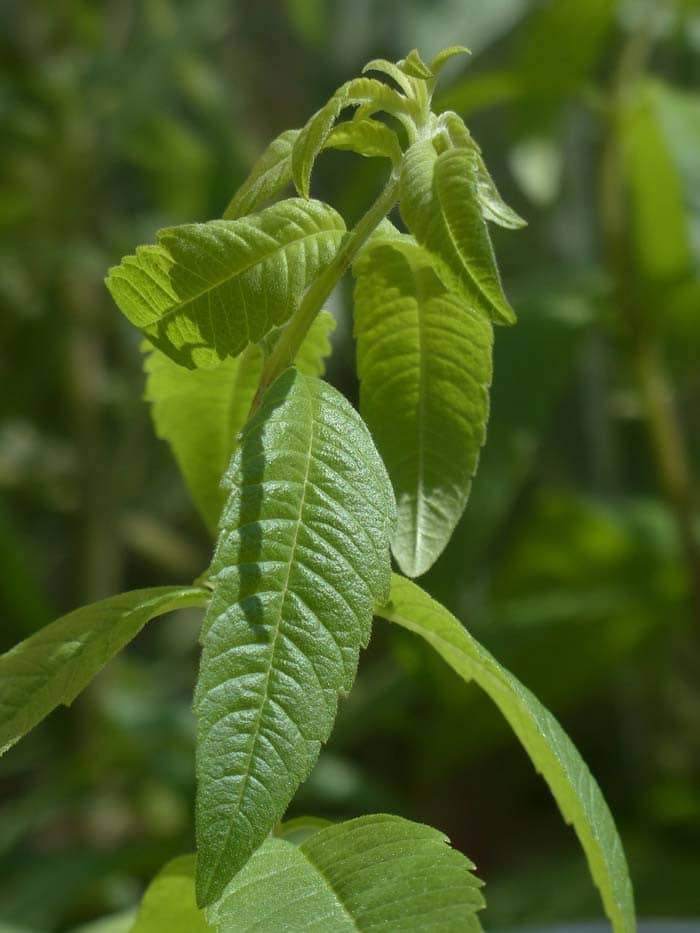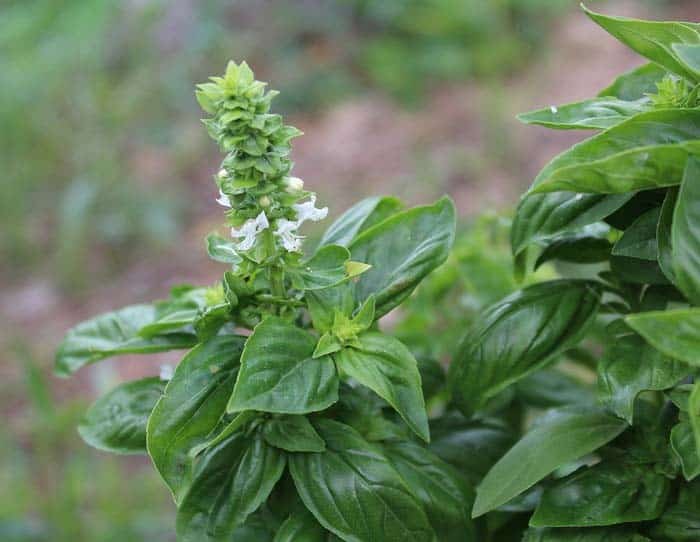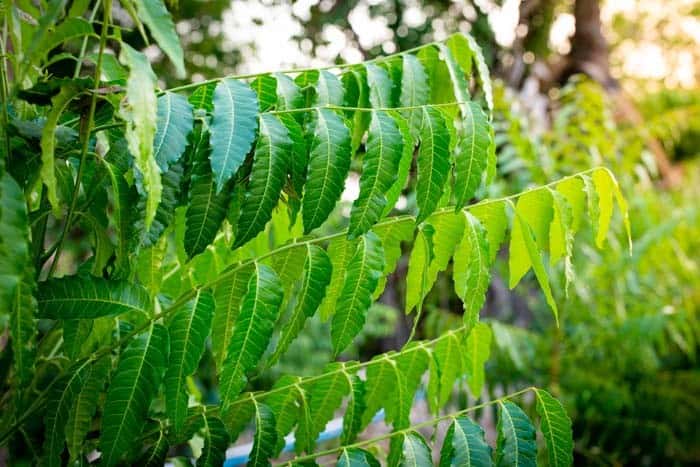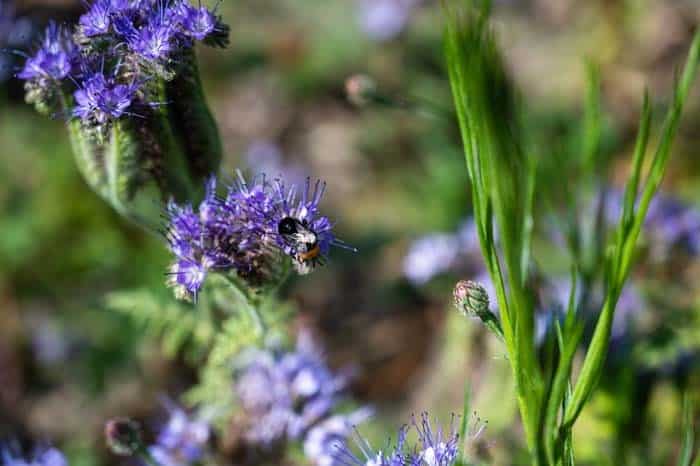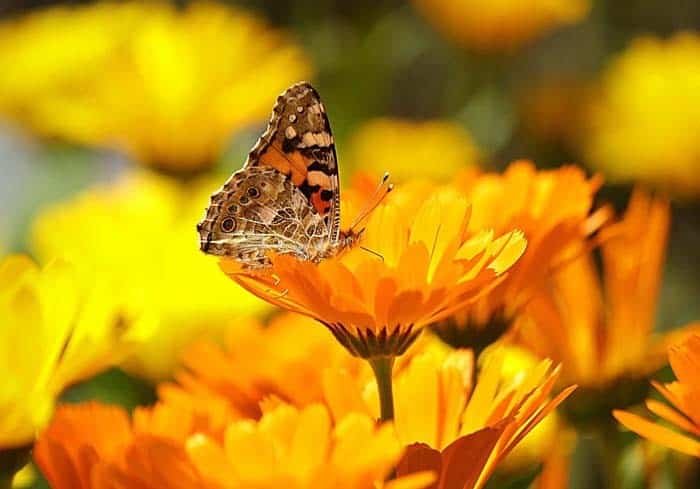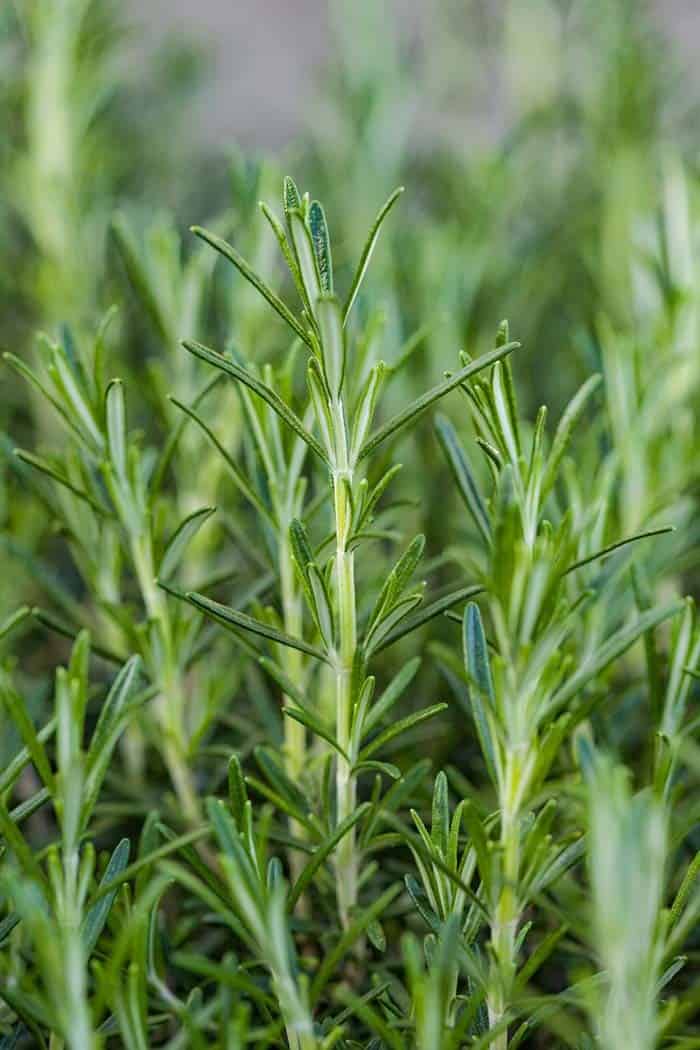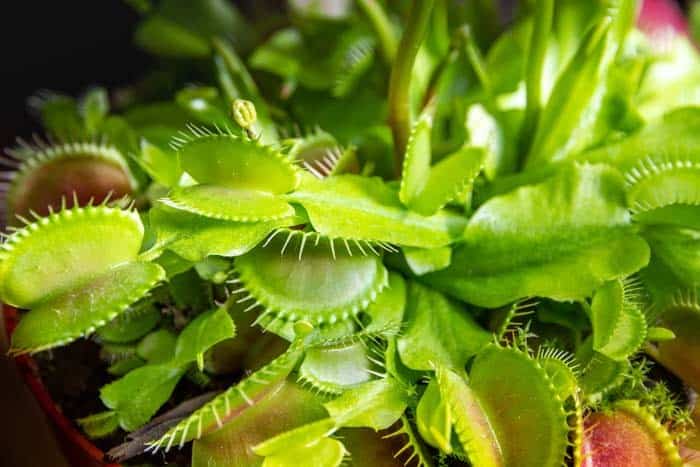Imagine a summer day spent lounging in the sun, surrounded by nature’s beauty – not being constantly bothered by pesky mosquitoes. This idyllic scenario is achievable without relying on chemical-based repellents. Instead, incorporate mosquito-repelling plants into your yard or garden to create a natural barrier against these unwanted visitors. By doing so, you can indulge in outdoor activities with the confidence that comes from knowing these biting insects are being kept at bay.
Catnip
The botanical name for this mosquito-repelling powerhouse is Nepeta Cataria, more commonly known as catnip. One of the most effective ways to deter these pesky insects from your outdoor space is by cultivating a few catnip plants in your yard. The unique aroma emitted by catnip has been shown to be significantly more potent than even the strongest bug sprays at keeping mosquitoes at bay.
This isn’t just limited to mosquito control, either – nepetalactone, the compound responsible for this effect, also repels a range of other unwanted insects, including cockroaches. To enhance its impact, try slicing the leaves and using them to infuse olive oil. Then, use this potent bug-repelling oil to keep those annoying insects from ruining your outdoor experience.
Citronella Geraniums
The botanical name for this remarkable flower is Pelargonium Citrosum, commonly referred to as citronella geranium. As these plants grow, they emit a fragrance that humans find particularly pleasing. Interestingly, mosquitoes are repelled by this same scent, actively avoiding it whenever possible. To keep those pesky bugs at bay, consider surrounding your outdoor living space with these lovely flowers.
If the problem persists, simply crush a few leaves into a paste and apply it to your skin – a surefire way to deter further bites.
Eucalyptus
Eucalyptus Globulus is a standout plant, characterized by its striking grey-green foliage. Not only does it possess a unique appearance, but its aroma is equally impressive. In fact, the scent is so pleasing that it’s likely to become a favorite among your household members.
While flying insects may not appreciate the refreshing fragrance, you can capitalize on this natural repellent to create a bug-free zone in your seating area.
Simply place a few Eucalyptus plants nearby and enjoy the benefits of a bite-free gathering space. Furthermore, you can harness the oil extracted from these leaves to protect your other plants and even repel unwanted bugs from entering your home.
Floss Flower
If you’re seeking a low-maintenance yet effective solution for repelling mosquitoes in your garden, look no further than Ageratum Houstonianum, also known as the floss flower. This unique blooms boasts striking center patterns and delicate purple foliage, making it an attractive addition to any outdoor space.
Not only do these flowers add visual appeal, but they’re also natural producers of coumarin, a substance that repels mosquitoes without the need for chemicals.
For optimal results, plant multiple floss flowers around your yard, particularly in areas where you spend most of your time outdoors.
Garlic
When cooking at home, the humble Allium Sativum, or garlic, can prove to be a potent natural mosquito repellent. The pungent aroma of garlic is unappealing to mosquitoes, prompting them to maintain a safe distance. As an added bonus, you’ll have a constant supply of fresh garlic on hand to elevate your culinary creations. To maximize its insect-repelling properties, consider infusing oil with garlic and spraying it around the perimeter of your outdoor seating area.
If you wish to apply it directly to your skin, be sure to test a small patch first, as the potency may vary depending on individual sensitivity.
Horsemint
While many are familiar with citronella’s effectiveness in repelling biting mosquitoes, few know that horsemint (Monarda Punctata) possesses a similar property. This lovely plant not only produces an unpleasant substance that keeps these pests at bay but also boasts stunning purple flowers that bloom annually. On its own, the strong fragrance emitted by horsemint is sufficient to deter mosquitoes. For added protection, simply crush the leaves and rub them onto your skin for an amplified effect.
Lantana
In regions plagued by Aedes mosquitoes, consider introducing Lantana Camara into your outdoor space. This vibrant, sun-kissed bloom boasts a potent fragrance that these pesky insects detest. Beyond its natural beauty, the lantana plant can be leveraged to create a bug-repelling smoke by tossing its leaves onto an open flame. As you enjoy the warm glow of your fire pit or campfire, take note of the nearby butterflies that flock to this attractive flora.
This adaptable perennial’s benefits extend beyond mere aesthetics, making it an excellent addition to any garden seeking to minimize mosquito presence.
Lavender
Immerse your home in the essence of French Country charm with the sweet-scented allure of Lavandula plants. This botanical beauty is renowned for its captivating fragrance, which is often harnessed in soaps and bath products to tantalize the senses. But did you know that lavender’s aroma is equally as repellent to mosquitoes? The plant itself exudes a subtle yet potent essence that can be amplified by combining crushed lavender with oil and using it as a nourishing moisturizer.
As you indulge in this delightful concoction, not only will you be enveloped by its intoxicating scent, but mosquitoes will think twice before targeting you – the perfect solution for a carefree summer.
Lemon Verbena
For container gardeners seeking an all-natural solution to repel biting bugs, Aloysia citrodora, also known as lemon verbena, is the perfect choice. This tall, vibrant green plant emits a refreshing citrus scent that can be released by crushing its leaves onto one’s skin. Not only does this fragrance offer an invigorating and uplifting experience, but it also effectively keeps mosquitoes at bay, making it a valuable addition to any outdoor excursion.
Lemongrass
The botanical name for this natural wonder is Cymbopogon, but you might know it better as lemongrass. This versatile plant has a secret power: repelling mosquitoes with its unique scent. The key to its effectiveness lies in the two main chemicals it produces – citronellol and geraniol. These potent compounds are so unappealing to mosquitoes that they’ll avoid them at all costs.
When you start to notice those pesky insects, simply pluck a few leaves from the plant, squeeze out the excess moisture with your fingertips, and apply it to areas where bites tend to occur, such as the back of your neck, ankles, and knees.
Lime Basil
The botanical name for this versatile plant is Ocimum Americanum, also known as Lime Basil. Its various uses make it a valuable addition to any garden or outdoor space. In the kitchen, its unique flavor and aroma elevate dishes to new heights. Additionally, it serves as a lovely garnish for plates and cocktails. Furthermore, its fragrance fills the air when used in potpourri or as a standalone decoration.
Beyond its culinary applications, Lime Basil has another impressive trick up its sleeve – natural mosquito repellency! When dealing with pesky insects, simply gather some branches and ignite them to create a pleasant-smelling smoke that keeps those unwanted visitors at bay. This clever hack makes it easy to enjoy the great outdoors without worrying about annoying bugs ruining your experience.
Neem Tree
When seeking long-term, low-maintenance solutions for repelling mosquitoes, Azadirachta Indica – commonly known as the neem tree – stands out from the crowd. Its stunning foliage not only adds visual appeal to your outdoor space but also naturally wards off unwanted insect visitors. As mosquito populations surge during peak seasons, consider pruning dried branches and incorporating them into your fire pit for a dual purpose of pest control and cozy ambiance.
Pennyroyal
For those who appreciate the invigorating aroma of fresh mint, Mentha Pulegium – also known as pennyroyal – is a natural bug repellent that’s worth exploring.
Boasting a unique blend of cool and spicy undertones, this plant adds a refreshing touch to any outdoor space. Its ease of use is another significant advantage – simply pluck a sprig, gently crush the leaves, and place it nearby.
This approach eliminates the need for direct contact with the plant’s oil, making it an ideal solution for children and individuals with allergies.
This versatility makes pennyroyal a practical and effective addition to any outdoor setting, providing a welcome respite from pesky insects while promoting a pleasant atmosphere.
Pot Marigold
Discover the serene ambiance of your porch or patio with the aid of Calendula Officinalis, also known as pot marigold. This lovely plant boasts pyrethrum-rich flowers that naturally repel flying insects such as mosquitoes, allowing you to enjoy a peaceful outdoor retreat. The vibrant orange blooms will also add a pop of color and vibrancy to your yard, making it an ideal addition to any garden.
In fact, this versatile flower can be used on its own or infused into oil for topical use, offering a multitude of benefits.
Rosemary
Do you enjoy cooking at home? Rosmarinus Officinalis, also known as rosemary, is a versatile herb that doubles as a natural mosquito repellent. The distinctive aroma of this fragrant plant is pleasing to the human nose, but it can be overpowering for mosquitoes. While rosemary has some inherent repellent properties, you can significantly enhance its effectiveness by burning small bundles of dried leaves near your outdoor seating area.
Just ensure they’re properly contained to prevent any safety concerns.
Stone Root
When selecting filler plants for your garden or backyard, consider Collinsonia Canadensis, also known as stone root. Like lemongrass, this attractive green plant boasts a delightful citrus aroma that is sure to please humans while keeping mosquitoes at bay. The leaves of the stone root possess a mild repellent property, which can be enhanced by extracting and using its natural oils on areas prone to bites.
For those who prefer not to leave residue on their skin, a simple and effective alternative exists: crush a quantity of stone root leaves and place them in a small container filled with oil. Allow the mixture to sit for several days before straining out the leaves and utilizing the resulting oil as a substitute for traditional bug repellents.
Carnivorous Plant
Beyond mere repellents, some plants take a more drastic approach to keeping mosquitoes at bay. Carnivorous species like the Venus flytrap and drosera are notable examples of this. These plants have evolved to attract and trap insects, effectively eliminating them from their surroundings. This means that you won’t just be free from mosquito bites, but also from the constant buzzing and whining noise they make.
By incorporating these plants into your outdoor space or garden, you can create a mosquito-free zone that’s perfect for relaxation or entertainment.

